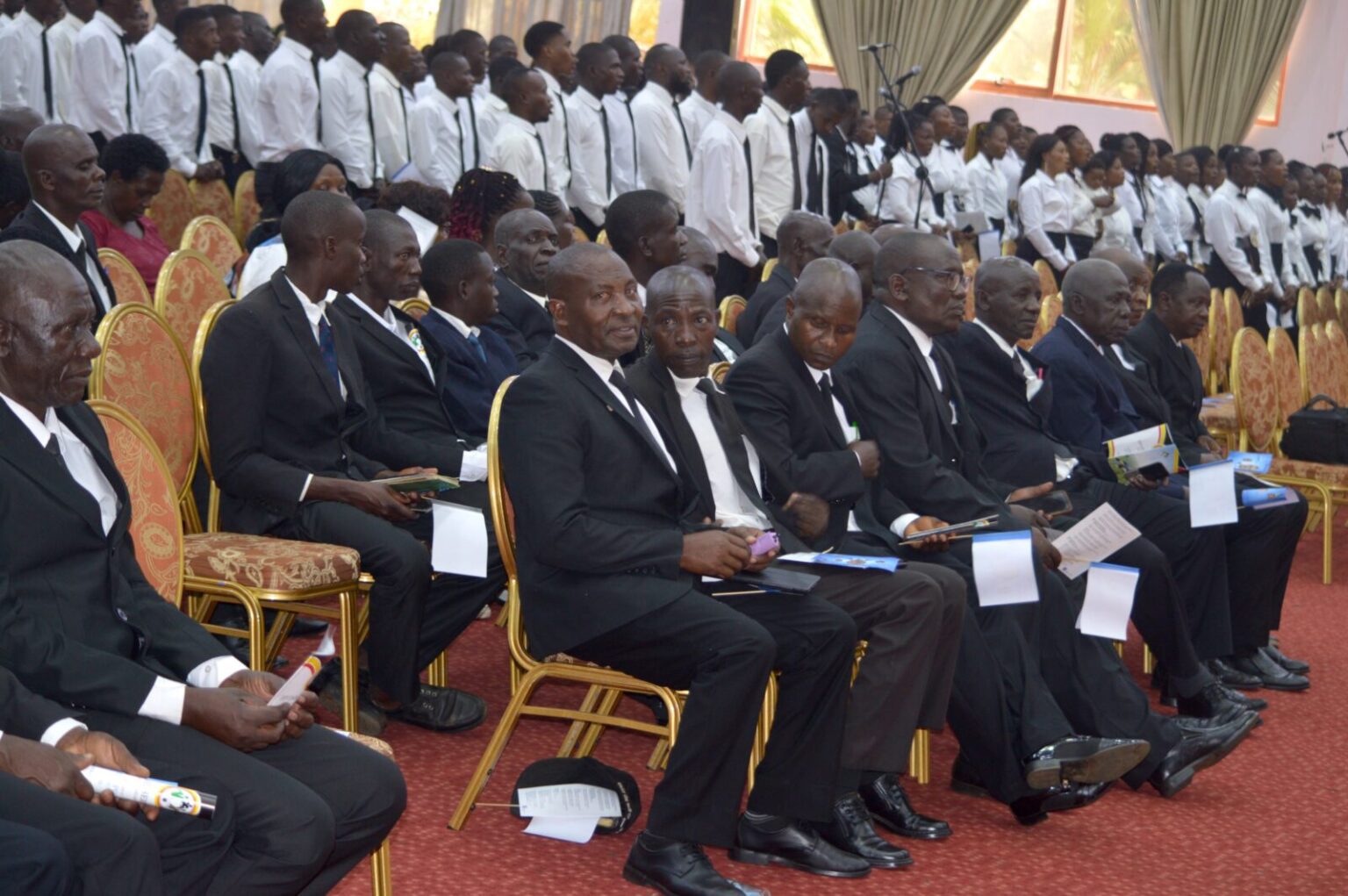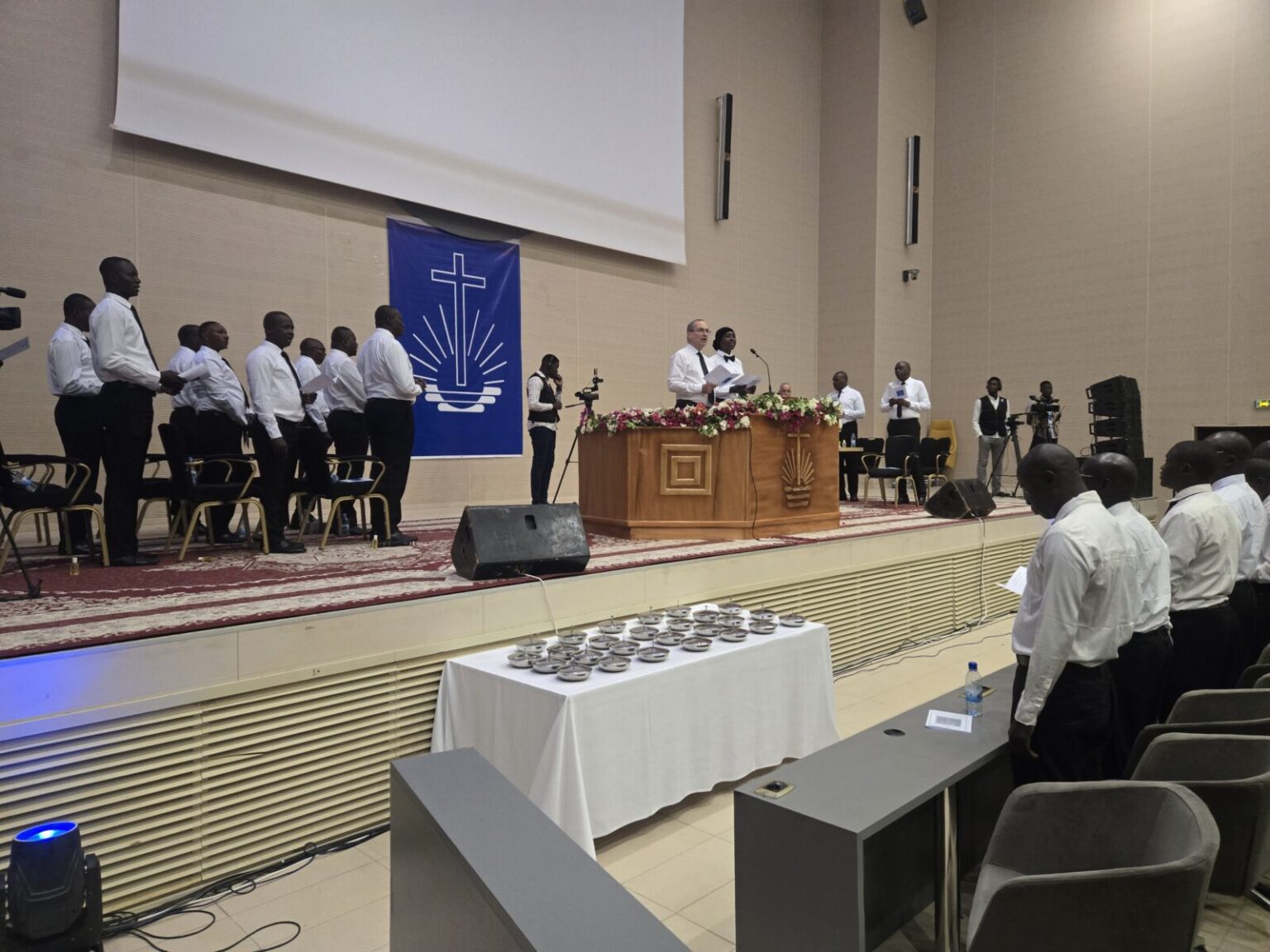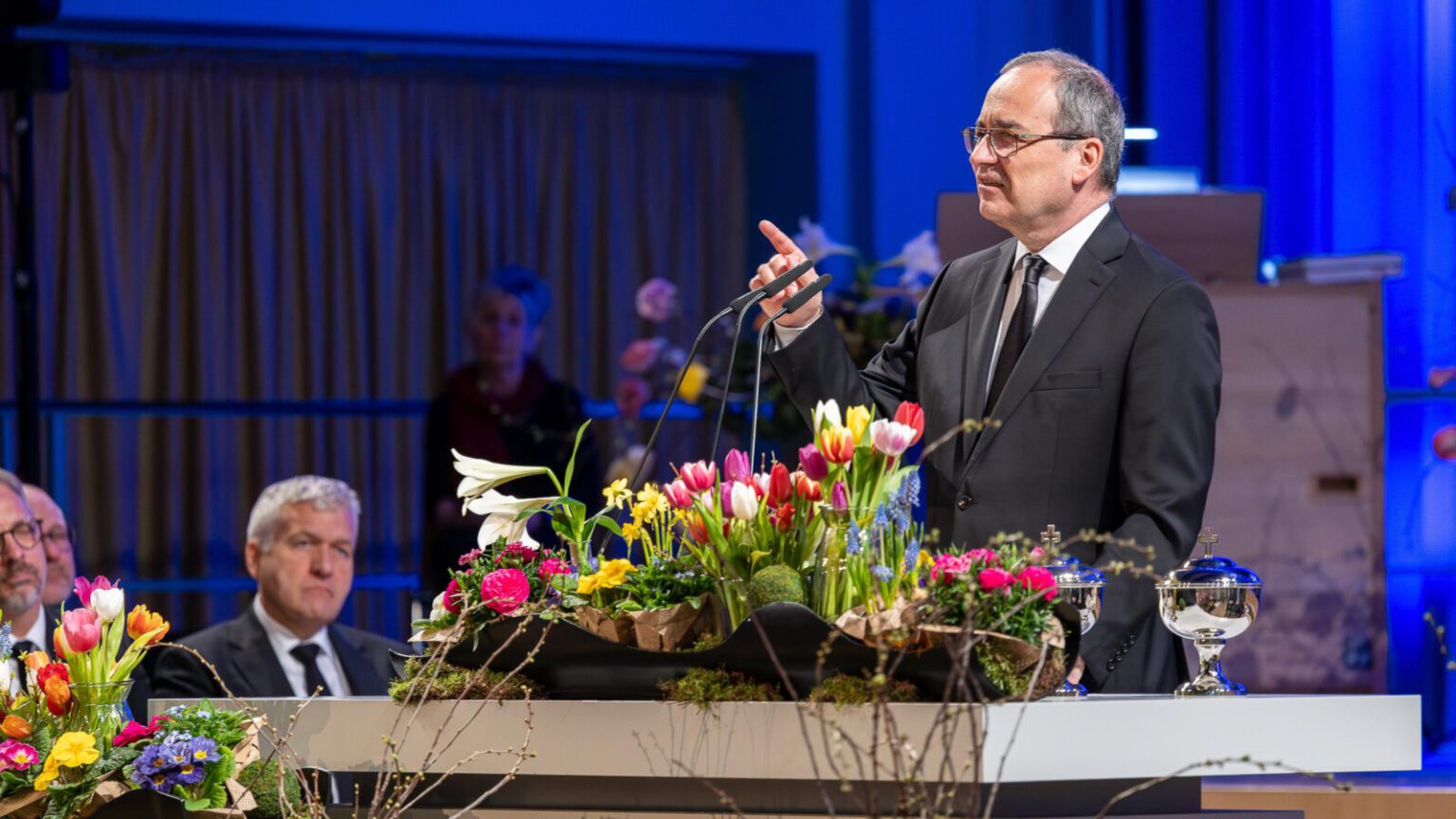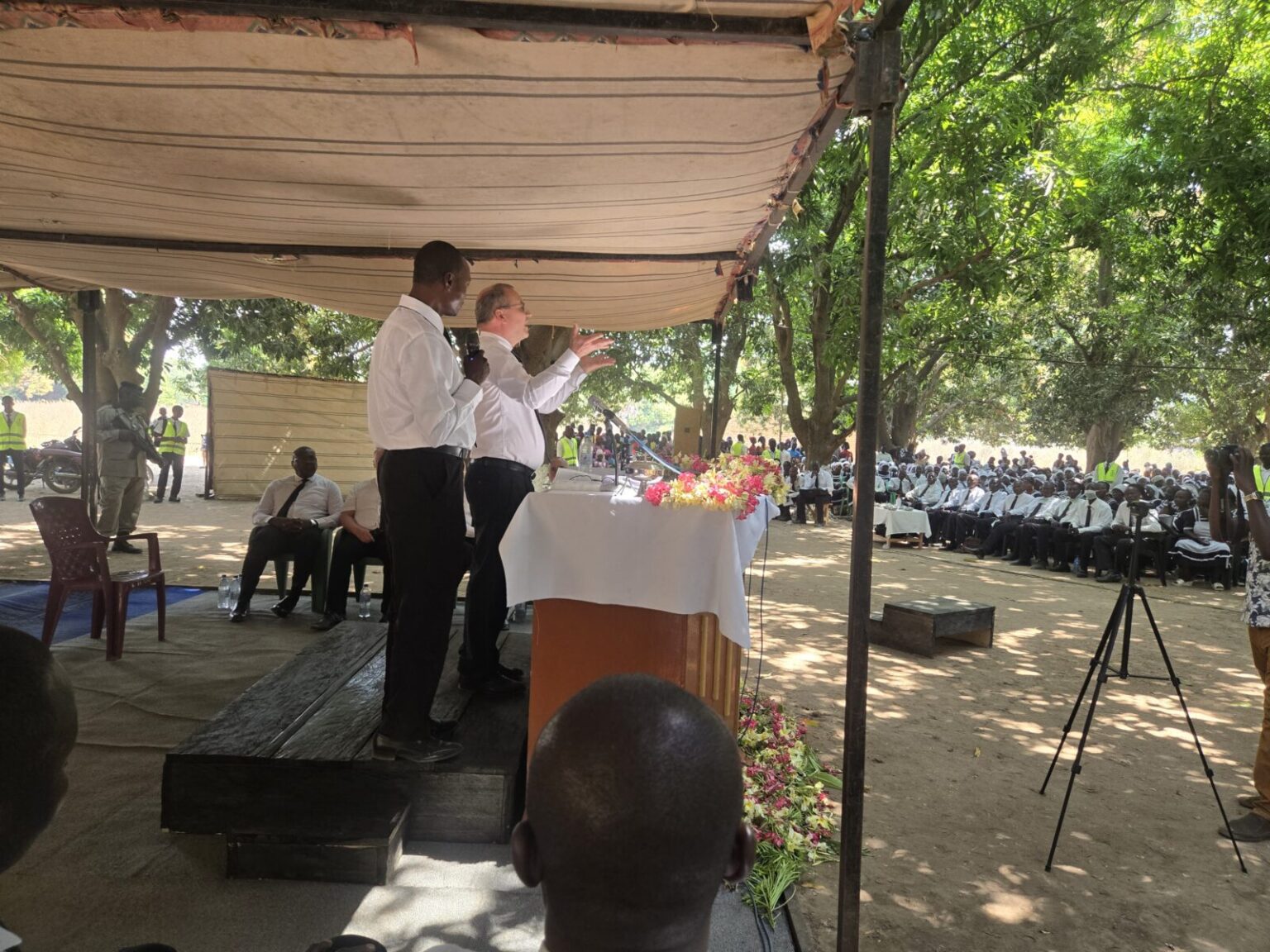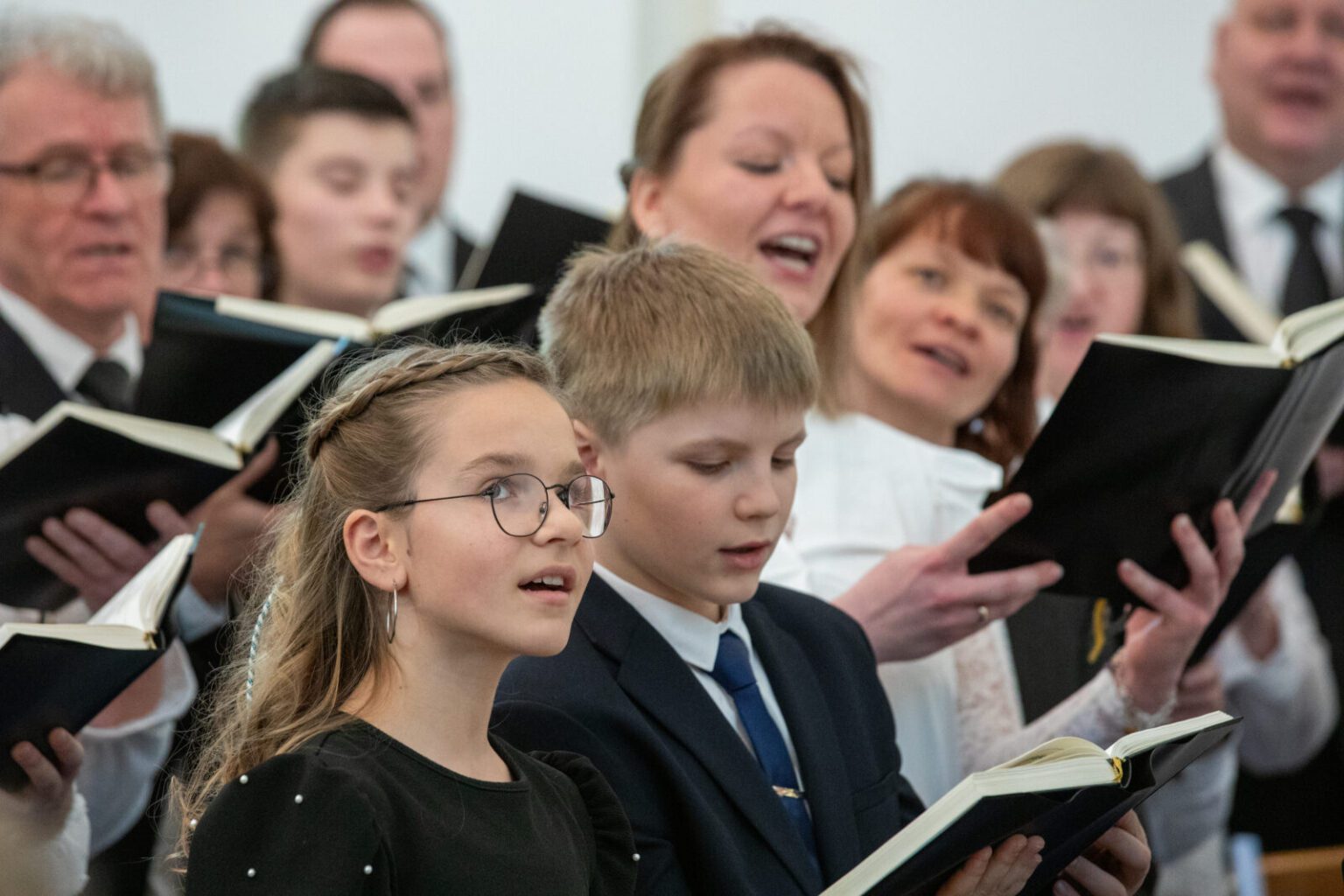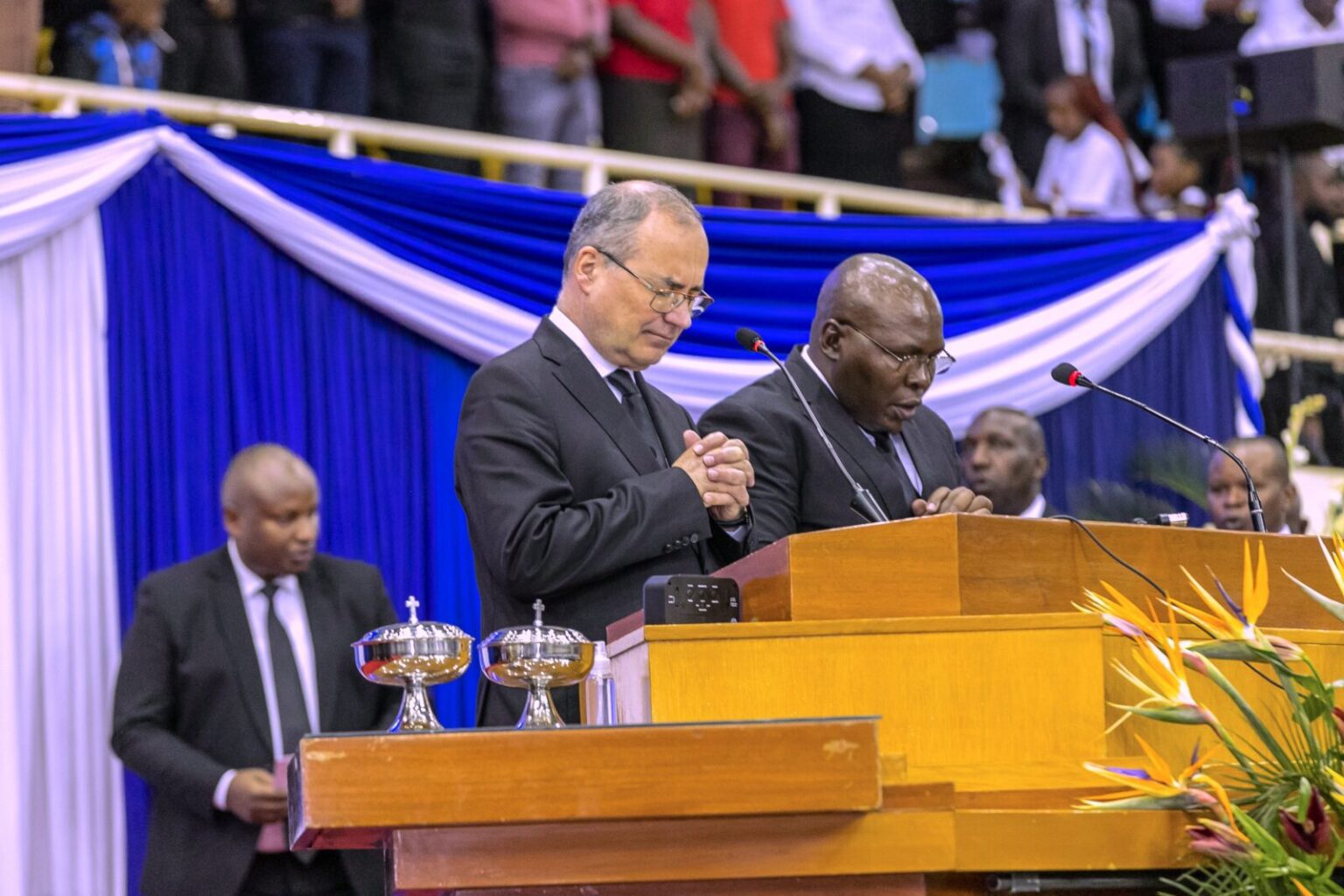

One’s mother tongue is only the beginning: with it a child begins to explore and assimilate the world around it. At best, this will lead to a universal language beyond words. Some thoughts on International Mother Language Day, which is being observed today.
As a child explores and discovers the world around it, especially thanks to its mother tongue, it also picks up other forms of speech and ways to express itself, and even different languages, which will open up new worlds and help it to understand the world it lives in and, eventually, maybe even help to shape it. Something similar occurs at the spiritual level.
What characterises human beings is the ability to speak, an ability given them by God—for God spoke with the first human beings (Genesis 2: 16)—and thus to name creatures, things, circumstances, and states of mind (Genesis 2: 19–20). From the womb on, the developing human being is familiar with its mother’s voice, even its father’s voice. At birth the child is welcomed with words and given a name.
Broadening one’s horizon with language
Because a mother does not stop speaking with her child, it will gradually begin to understand and assimilate its mother’s language—its mother tongue. The child develops and moves in a world in which it makes its first fundamental experiences thanks to language in particular.
As the child grows and her horizons broaden, she will acquire a broad scope of diverse and varied knowledge and new ways of expressing herself, and even learn foreign languages, which will allow her to find her place in society and the world.
From the vocabulary of universal language
Children of God also learn something akin to a mother tongue, namely that of the congregation, the Church, whose key terms are fellowship, love, serving, bridal congregation, preparation, return of Christ …
Once you assimilate this tongue, you begin to pick up the father tongue, the language of God: a universal language, the language of salvation for all people of all times: “For God so loved the world that He gave His only begotten Son, that whoever believes in Him should not perish but have everlasting life” (John 3: 16).
A language with a broad impact
This is a language that expresses itself in effects and concrete realities. To master it means to put on the new man, to renew oneself in mind and spirit (Ephesians 4: 23–24), in short: to become Christ-like.
“Learn languages,” Chief Apostle Hans Urwyler advised, thereby giving the nudge for the Church to open up. And this openness is not an end in itself. It is intended to enable as many human beings as possible to become familiar with the language of God.
Photo: Alexander Paul Thomass





